 Messages for Anyone Who Lost a Loved One to Suicide | The Mighty
Messages for Anyone Who Lost a Loved One to Suicide | The MightyAre you looking to contact us? Use of the Mental Health ActCustomers' sports Covid-19 information hub200+ mental health services140+ local peer support groups Search for online peer support Our mission is to offer a better life for people seriously affected by mental illness. Our network of groups, services and lines of advice is hand-in-hand to get you the support you need. Use your postal code to search for your area. Need more information? The Healing Power of NatureSuicide - Addressing LossPerdering someone you care about is devastating. There is no right or wrong way to feel. You'll deal with the loss your way. This section looks at what support is available when someone has taken their own life. It also provides information on investigations that may occur. Share:Share:Contact Us:OverviewCoping with pain How can I cope with pain? Losing someone you care about is always difficult. But losing someone to suicide can come with additional emotional problems. How can I be thinking? This will be personal to you. There is no such thing as 'normal' thoughts. You may think 1 or more of the following thoughts: These thoughts are common. But what you're thinking, it's important to remember that when someone has made their own life, it was their decision. I was out of control. It wasn't your fault. How can I feel? There's no such thing as a normal feeling. Pain is a personal experience. Whatever you feel, it's a normal feeling. Common feelings are: These feelings are likely to happen or are easier to treat on time. Allow yourself time to deal with what has happened. Emotional support can help you deal with your emotions faster. How long will I feel like this? There is no time to deal with a duel. But if you feel like your symptoms have lasted too long, or are having a big impact on your life you should get support. A big impact on your life can be: Emotional support Where can I go for emotional support? There are always people who can help with how you feel. Taking the first step to talk to someone about how you feel can be very difficult. Talking about how you feel is an important step in the mourning process for many people. Take this step when you feel ready. You can get emotional support from: There is a list of charitable organizations at the bottom of this page in the useful contact section. Emotional support lines are not the same as counselling services. Often emotional support lines are called "hearing services". They're there to provide a listening ear. They can be a support if they want a confidential and non-judicial safe space to talk. Especially if you're finding it hard to talk to others who are struggling with loss too. Or if you're experiencing feelings you think other people can't agree with. Counselling You can be able to get advice through: NHS NHS can be able to provide advice in the field of care. Or they can refer you to a local bereavement service. Talk to your GP to find out which extension services you can access in your area. In October 2019 the government announced plans to deploy NHS extension services for people affected by suicide. This will include one session with volunteers, group support and references to mental health services. It is currently only available in 10 areas of England. Click the link below for more information: Charities or organizations that train counselors Organizations or organizations that train counselors sometimes offer free or low-cost counselling services. You will have to look online to see if there is any charity that offers advice in your area. Employee Assistance Program Your employer may provide an employee assistance program (PAE). Often, an EAP will provide legal advice or free advisory services. It's a confidential service. Your employer will not be told if you use it. Private therapy You can choose to pay to see a therapist in private. The benefits of private therapy are: But the main drawback is the cost. Some therapists offer reduced rates for people with low income. You can ask the therapist if they offer this. Some therapists may also have cheaper initial assessment appointments. This allows you and the therapist to see if you are going to stay together. If you don't feel like you'd work well with the therapist, you don't have to see them again. It is important to understand the terms and conditions of seeing the therapist and the payments before accepting anything. You can find more information about 'Storking' Therapies by clicking on . Practical support Where can I go to search for practical support? You may have practical problems trying to follow someone's death. You may have to:The government website has a step-by-step guide for you to continue to call 'What to do when someone dies'. This gives information about what to do after death. You can find this in. Where do I go if I owe it? If someone's death has caused you financial difficulties, you can get support from debt organizations. You can find these in the useful contact details below on this page. Investigations Will there be an investigation into his death? When someone takes their own life there will be one or more investigation into death. This process can be very difficult when dealing with pain at the same time. These research can help you get answers to the questions you may have about someone who has taken your own life. Research is: What is an investigation? An investigation will take place if it seems that someone has taken their own life. An investigation is a court hearing where a coroner, who is usually a doctor or a lawyer, investigates someone's death. An investigation looks at: An investigation cannot blame a particular person or organization for the death of someone. The investigation will tell how they think someone has died on the basis of the evidence. These include the following. The coroner has to tell certain people the following information about the investigation hearing: The coroner should tell the following people of the deceased: The investigation hearing will be public. This means you can go to the audience. The coroner will decide who will give evidence. You can suggest witnesses who think they can be useful. You can tell the coroner directly or do it through your lawyer if you have one. Your coroner can publish a list of witnesses who are planning to include. A coroner will: Will an investigation be conducted if my loved one finished his life in prison or was arrested under the Mental Health Act? An article 2 investigation should be maintained if someone takes their own life when they are in state detention. This includes: An investigation of Article 2 will still look:But it will also look at the general circumstances of death. This will include events that led to death. The wider investigation must ensure that they fulfil their legal duty to comply with article 2 of the European Convention on Human Rights. Article 2 is a right to life. The investigation will be carried out by someone who was not involved with what happened to his relative. The INQUEST organization can give you more information about an article 2 investigation. Your contact details are in the useful contact section below on this page. Should I get a lawyer? Research can be a complicated legal area. You may wish to obtain support and advice from a lawyer. Can I get legal help? You can be able to get legal help. You can check for:Will there be an NHS research on mental health care and treatment? Since September 2017, NHS trusts have to publish details on how they respond and learn from patient deaths in their care. You can usually find this on your website. Or you can call them and ask for details. A review of the case note will be made when a 'significant attention' on the care given to a patient is raised. Significant concern means: This can happen if death is accidental, sudden or unexpected. A review of the case note means that a doctor will examine the case notes of the person who has died. The doctor will usually work for the NHS, but they will not have been involved with the care of the person. They will see how well the attention was given to the person who has died. If the review finds any problem with the care they received, you will be contacted to discuss this. Will there be an independent health investigation? External investigators may be asked to investigate whether death is due to a 'security accident'. But sometimes these investigations are carried out by the NHS. A security incident is an incident, which may have caused or caused damage to patients receiving medical care. The incident will be involuntary or unexpected. A security investigation must occur if there is concern that a security incident may have contributed to the death of a patient. The objective of research is to learn from mistakes and reduce the future risk for patients. You should tell him if an investigation is gonna happen. The investigation process will be explained to you. And you should ask yourself when and if you want to get involved. Can I get more information about the research process? The local mental health trust should have a policy on how to investigate the deaths of patients in their care. You can ask for a copy of this policy. You may need to make a request for freedom of information. The policy should examine communication with the family and caregivers and how it will be involved. Follow this link to get more information about 'Freedom of Information Requests.'Your local patient counselling service' can help you get a copy of this policy. You can find details of your local PALS office through the web link below. What can I do if I think someone's death was caused by their treatment and care? You can ask for an investigation if you have concerns that the care or treatment of your loved one leads to your death. Talk to the Patient Advisory and Liaison Service (PALS). PALS are part of the NHS. They provide confidential support, information and advice to patients and their families. Follow the link below to find your local PALS: What can I do if I think the compensation should be awarded? A case and investigation review will not deal with compensation. If you think someone's care was negligent, you can contact AvMA for advice. Your contact details are in the Useful Contacts section at the bottom of this page. Can I make a complaint? You can make a complaint if you're not happy. For example: You may want to wait until an investigation has been conducted before a complaint has been filed. This can help you find out about other issues you want to complain about. There's a 12-month limit to making a complaint about the NHS. Can I get support to make a complaint? A NHS complaint advocate can help you if you need support to make a complaint. A NHS complaint advocate is free to use and not part of the NHS. You can usually find an NHS complaint advocate using an Internet search engine like Google. You can write phrases like, "NHS Lawyer in Birmingham." Or where you live. You may know more about: Helping someone else How can I help someone who has lost a friend or relative to suicide? You should treat them the same way you would treat anyone who is afflicted. You worry about saying the wrong thing. But remember that you know this person, trust your instincts. You can help:You can't help if you: Remember that you don't need to find an answer, or even understand why you feel the way you do it. Listening to what they have to say will let them know you care. Read more Bereavement Survivors by Suicide (SOBS) have information for friends and family – which provides advice on how to support someone who has been afflicted. The Department of Health has a pamphlet for people who have been afflicted by suicide called "Help is near". Provides advice on emotional and practical aspects of pain and you can download it in . Or ask for a printed copy by ringing 0300 123 1002. National Debtline has a datasheet called "Dealing with the debt of someone who has died. "Useful ContactsSurvivors of Bereavement by Suicide (SOBS)SOBS is an organization established for people over 18 who have lost someone to commit suicide. They have a national help line that provides support. They also have group meetings and information sheets. Telephone: 0300 111 5065 (9am-9pm, Monday - Friday)Address: The Flamsteed Center, Albert Street, Ilkeston, Derbyshire DE7 5GUEmail: Website: Support After Suicide Partnership A special interest group of the National Alliance for the Prevention of Suicide that focuses on supporting those who suffer or are affected by suicide. Email: Online Contact Form on: Website: Cruse Bereavement CareCruse offers free and confidential help to afflict people. Some of their local branches also have support groups for people who have been afflicted by suicide. Telephone: 0808 808 1677 (9.30am-5pm, Monday-Friday – excludes bank holidays, with hours extended until 20:00 Tuesday, Wednesday and Thursday)Address: PO Box 800, Richmond, Surrey, TW9 1RGSearch by local branches: Website: INQUEST Provides information on research, including family rights to participate. It has also produced 'The Research Manual'. INQUEST gives a free copy for the families that are rooted or you can read it on your website. A counselling and e-mail telephone service is also available. Phone: 020 7263 1111 (press option 1 – Monday, Wednesday and Thursday 10am – 5pm)Address: 3rd Floor, 89-93 Fonthill Road, London, N4 3JH Email: online form on the website: The Bereavement Advice Centre This is a national service that provides free practical advice on what to do after a death. How to deal with your debt. They have available guides for you to follow on your website. Telephone: 0800 634 9494. Open 9am-5pm, Monday to FridayAddress: Bereavement Advisory Center, Heron House, Timothy's Bridge Road, Stratford Upon Avon, CV37 9BXInternet: Compassionate Friends This service supports parents and their families for the loss of a child. Phone: 0345 123 2304 (9:30 am - 4:30pm) Email: Website: National Debtline Provides free, independent and confidential advice on a self-help basis. You can contact them by phone, by email or by letter. Phone: 0808 808 4000. Monday to Friday 9am-8pm and Saturday 9.30am-1pmAddress: National Debt, Casa Tricorn, 51-53 Hagley Road, Edgbaston, Birmingham, B16 8TPWebchat: visit website to use webchatInternet: Action Against Medical Accidents (AvMA) (AvMA) is a British charity organization that provides free and confidential medical advice. Phone: 0845 123 2352 (Monday to Friday 10h until 3.30h)Address: Freedman House, Christopher Wren Yard, 117 High Street, Croydon, CR0 1QGE-mail: visit the website to use the customer's formInternet: Share this page The first mental health service and monetary advice throughout the UK dedicated to supporting people affected by mental health and money problems. Rethink Mental Illness Registered Office 89 Albert Embankment London SE1 7TP United Kingdom 0121 522 7007 Silence info@rethink.org Registered in England Number 1227970. Charity Registered Number 271028.
Do not delay your attention in Mayo ClinicRemarked conditions , , , . . . Featured conditions Appointments in Mayo Clinic Mayo Clinic offers appointments in Arizona, Florida and Minnesota and the Mayo Clinical Health System locations. Free E-newsletter Subscribe to Housecall Our e-newsletter of general interest keeps you up to date on a wide variety of health issues. Suicide A loved one's suicide can be emotionally devastating. Use healthy strategies to cope, such as seeking support, to start the journey to healing and acceptance. When a loved one dies for suicide, emotions can overwhelm you. Your pain can be a heartache. At the same time, you could be consumed by guilt — wondering if you could have done something to prevent the death of your loved one. When you face life after a loved one's suicide, remember that you don't have to go through it alone. Brace for Powerful Emotions A loved one's suicide can trigger intense emotions. For example: You may continue to experience intense reactions during the weeks and months after your loved one's suicide, including nightmares, flashbacks, difficulty concentrating, social withdrawal and loss of interest in the usual activities, especially if you were a witness or discovered suicide. Dealing with Stigma Many people have problems discussing suicide, and they might not come to you. This could leave you feeling isolated or abandoned if the support you expected to receive is not there. In addition, some religions limit the rituals available to people who have died for suicide, which could also leave you feeling alone. You might also feel deprived of some of the usual tools that depended on the past to help you cope. Adopting healthy strategies to address The consequences of a loved one's suicide can be physically and emotionally tiring. While working through your pain, be careful to protect your own well-being. Know when to look for professional help If you experience physical or intense or incessant distress, ask your doctor or mental health provider for help. Finding professional help is especially important if you think you can be depressed or have recurring thoughts of suicide. Unresolved pain can become complicated pain, where painful emotions are so long and hard that you have problems summarizing your own life. Depending on the circumstances, you could benefit from individual or family therapy, either to overcome the worst crisis or to help you adapt to life after suicide. Short-term medication may also be useful in some cases. Face the future with a sense of peace After the suicide of a loved one, you might feel that you can't go on or that you'll never enjoy life again. In truth, you could always wonder why it happened, and reminders could trigger painful feelings even years later. Eventually, however, the raw intensity of your pain will fade. Understanding the complicated legacy of suicide and how to cope with palpable pain can help you heal, as you continue to honor the memory of your loved one. See also Advertisement Mayo Clinic does not support companies or products. Advertising revenues support our non-profit mission. Mayo Clinic Market Take a look at these best-sellers and special offers in Mayo Clinic books and newsletters. Other topics in Patient Care > Health InformationMayo Clinic FooterLegal conditions and terms Any use of this site constitutes your agreement with the Terms and Conditions and the Privacy Policy attached below. Reprint Permits A single copy of these materials can be reprinted for non-commercial personal use only. "Mayo", "Mayo Clinic", "MayoClinic.org", "Mayo Clinic Healthy Living", and the Mayo Clinic triple shield logo are trademarks of the Mayo Foundation for Medical Education and Research. HON This site meets the information:

Be That One - Coping With Losing a Friend or Family Member to Suicide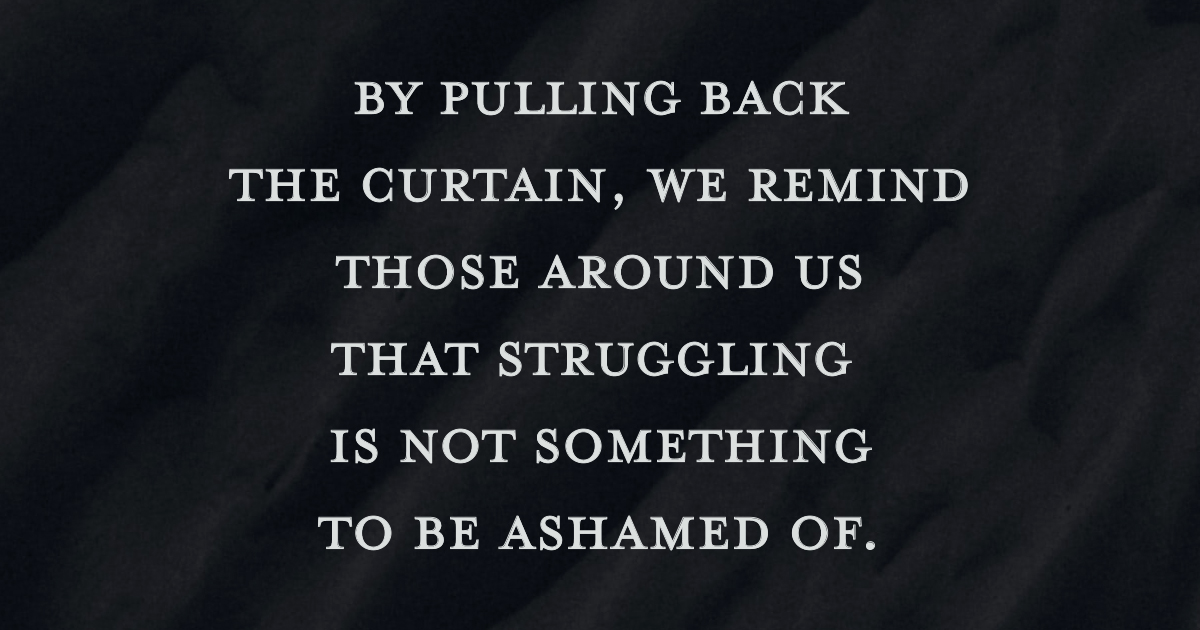
Pulling Back the Curtain – TWLOHA
Losing a close friend to suicide. At first, you crumble. | by Jasmine Vaughn-Hall | Medium
Losing a loved one to suicide during COVID-19 - Mental Health Foundation of New Zealand
32 Loss of a friend ideas | grief quotes, grief, miss you mom
Quotes About Losing Someone To Suicide. QuotesGram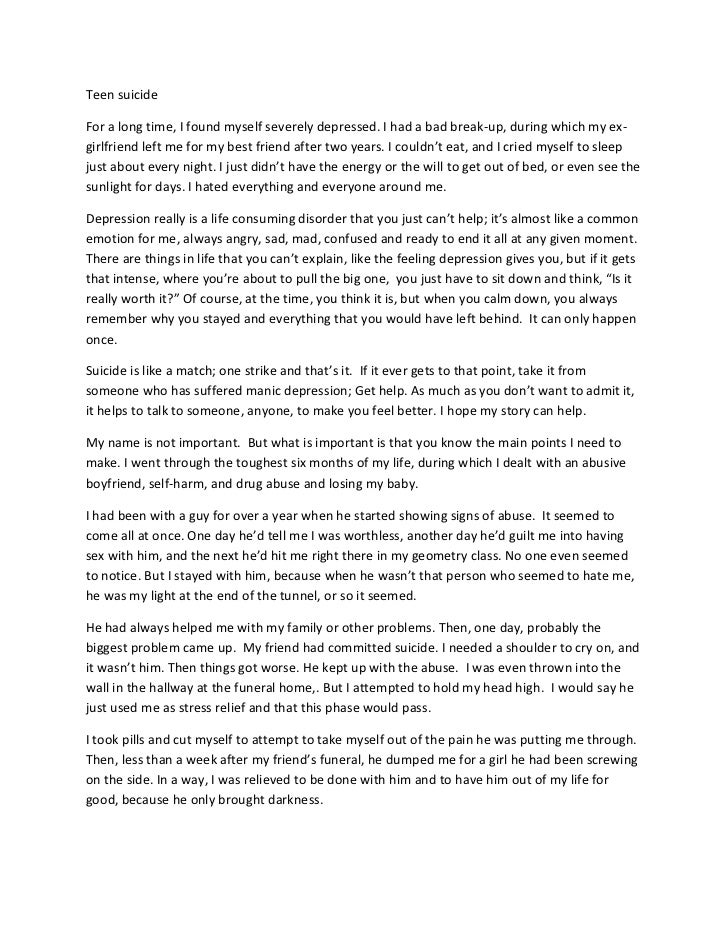
Teen suicide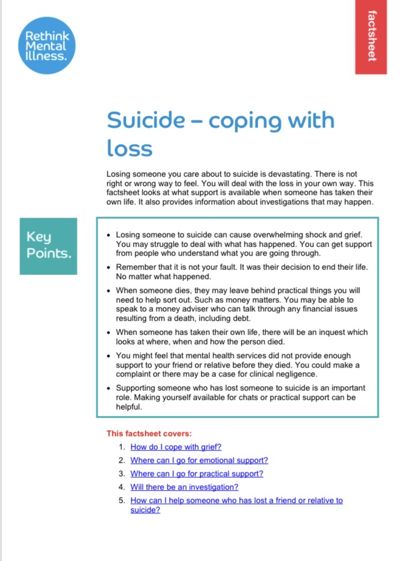
Suicide - Coping with loss
What to Say When a Friend's Loved One Dies by Suicide | SELF
Suicide Quotes
64 Quotes After Grief and Life After Loss Whats your Grief
Losing Someone To Suicide. -
32 Loss of a friend ideas | grief quotes, grief, miss you mom
When you lose a friend to... | Quotes & Writings by Veena Shankar Kunnath | YourQuote
I Lost My Friend To Suicide. Here's Why We Need To Talk About It. - MTV
Survivor of Suicide Loss: Tips for Managing Grief
Books for Survivors of Suicide – Alliance of Hope
30 Suicide Quotes to Encourage Understanding & Awareness | LoveToKnow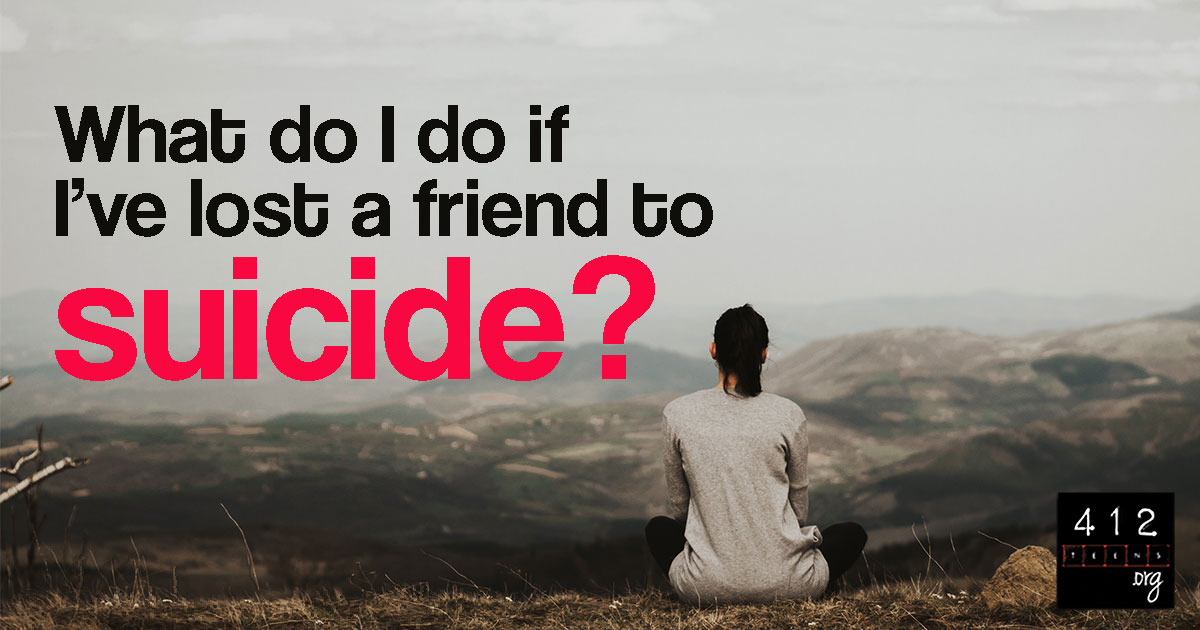
How do I cope with the suicide of a friend or loved one? | 412teens.org
PDF) Growing Through Grief: When Loss is Complicated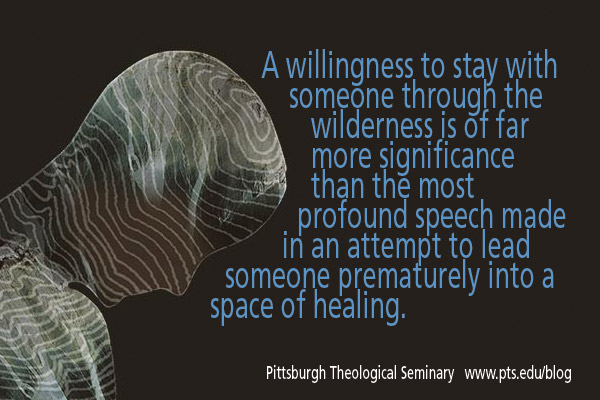
Praying with People Grieving Loss from Suicide - Pittsburgh Theological Seminary
Suicide Quotes
Losing A Best Friend to Suicide — The Insecure Girls' Club
Losing a Friend to Suicide at a Young Age | AFSP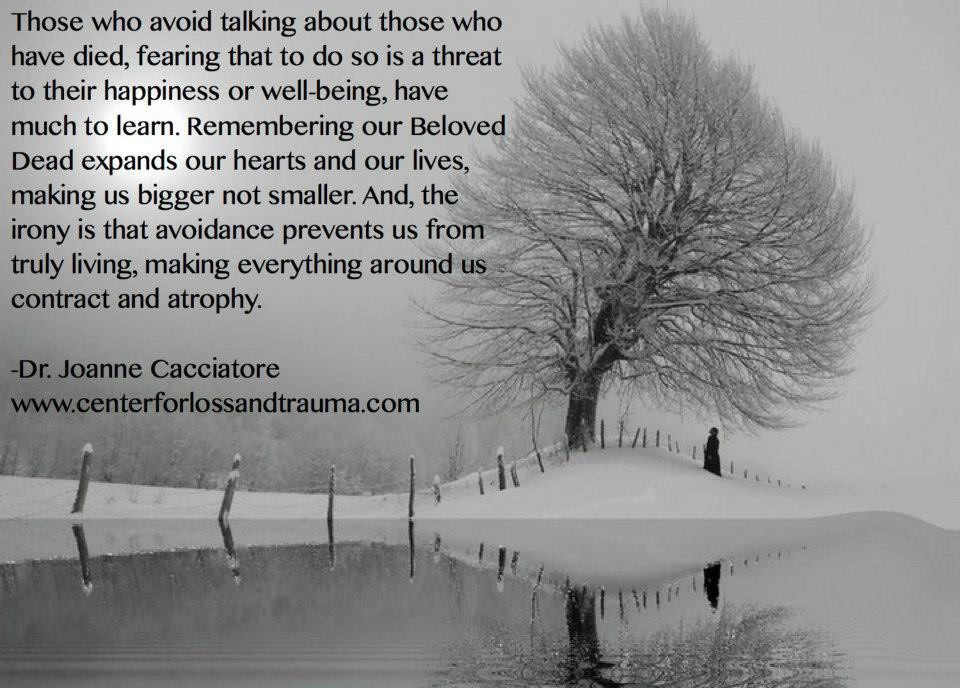
Quotes About Losing Someone To Suicide. QuotesGram
8 Ways Losing A Friend To Suicide Is Different From Losing Them Any Other Way | Thought Catalog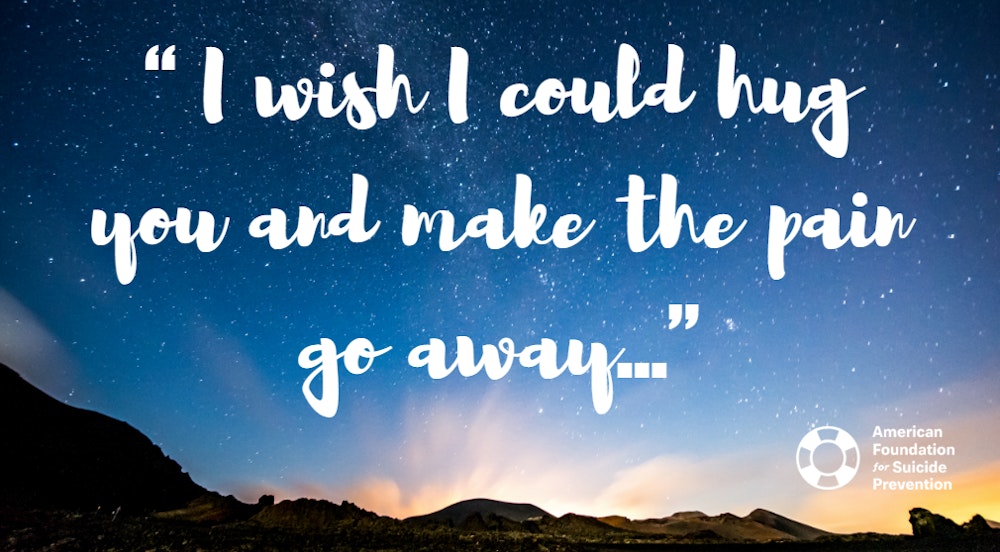
9 Suggestions for Other Parents Who Have Lost a Child to Suicide
hello darkness my old friend suicide | Enlightened Conflict
Losing Someone to Suicide
We Lost Our Son to Suicide. Here's How We Survived. - The New York Times
Suicide Grief | Coping With a Loved One's Suicide
Teen suicide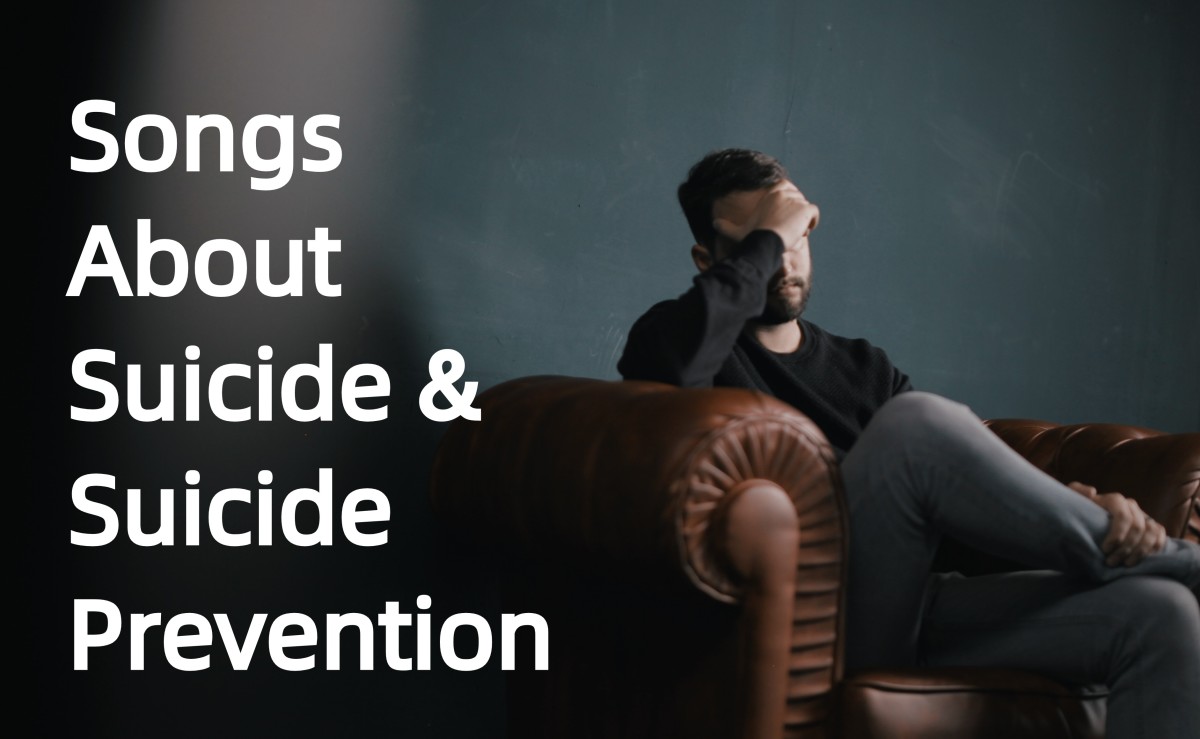
104 Songs About Suicide and Suicide Prevention - Spinditty - Music
BBC Radio 4 - Woman's Hour, Losing a friend to suicide, Period pants, The release of Loujain al-Hathloul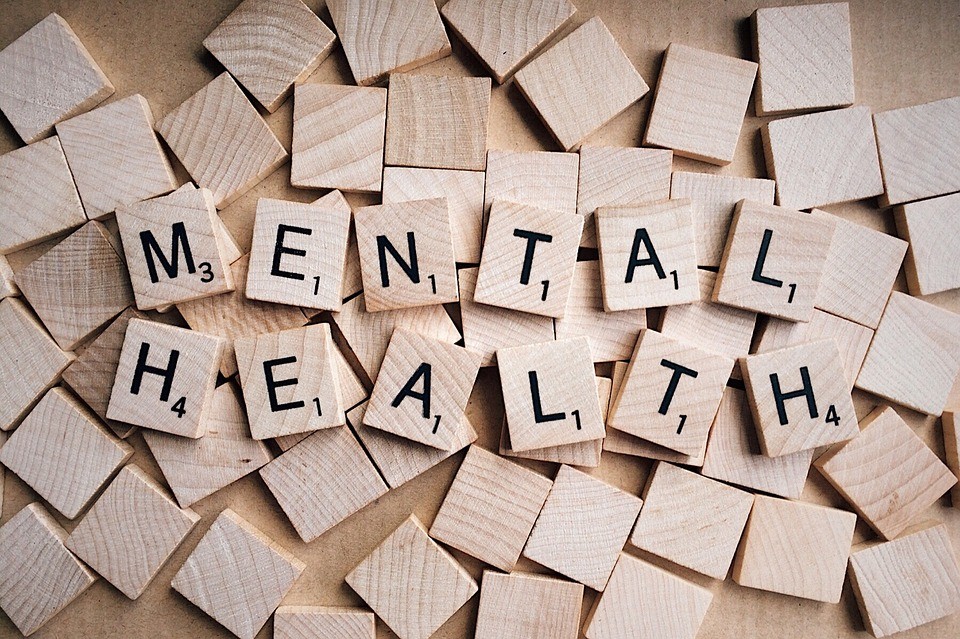
Survey reveals impact of suicide on family and friends
Suicide Quotes
A Modern Funeral Celebrant | Suicide is not the end of LOVE
Suicide Loss: What Teens Need to Know - Tripod.com - Flipbook by | FlipHTML5
When A Teen Loses A Friend To Suicide, Life As They Know It Can Shatter | Colorado Public Radio
 Messages for Anyone Who Lost a Loved One to Suicide | The Mighty
Messages for Anyone Who Lost a Loved One to Suicide | The Mighty


































Posting Komentar untuk "losing a friend to suicide"